

As kids, we were all taught the Golden Rule – treat others the way you want to be treated. The way people interact with the outdoors should follow the same rule. Unfortunately, the Leave No Trace center’s seven principles aren’t as well known as the Golden Rule.
During the COVID19 pandemic, outdoor spaces saw more use than usual. Unfortunately, front and backcountry spaces bore the brunt of a lack of information and understanding about how to interact with the outdoors. We’ve decided to break down the basics of outdoor ethics. This article is a good starting point if you want to recreate responsibly outdoors.
When you’re new to hiking (or cycling or camping or any other outdoor activity), responsible recreation can feel intimidating, like a list of unwritten rules you are supposed to know. The reality is that outdoor ethics are pretty common sense. Planning and preparing for the conditions go a long way in limiting your impact on the outdoors.
Front country outings–trips to your local park or community open spaces–should be taken just as seriously as backcountry adventures. Investing in a map of the area–whether through digital apps like AllTrails or a paper map–helps recreationalists navigate the outdoors and may include other points of interest. Likewise, trail maps help ensure hikers are on designated trails, not creating new paths that may scar the landscape and destroy vulnerable plant life.
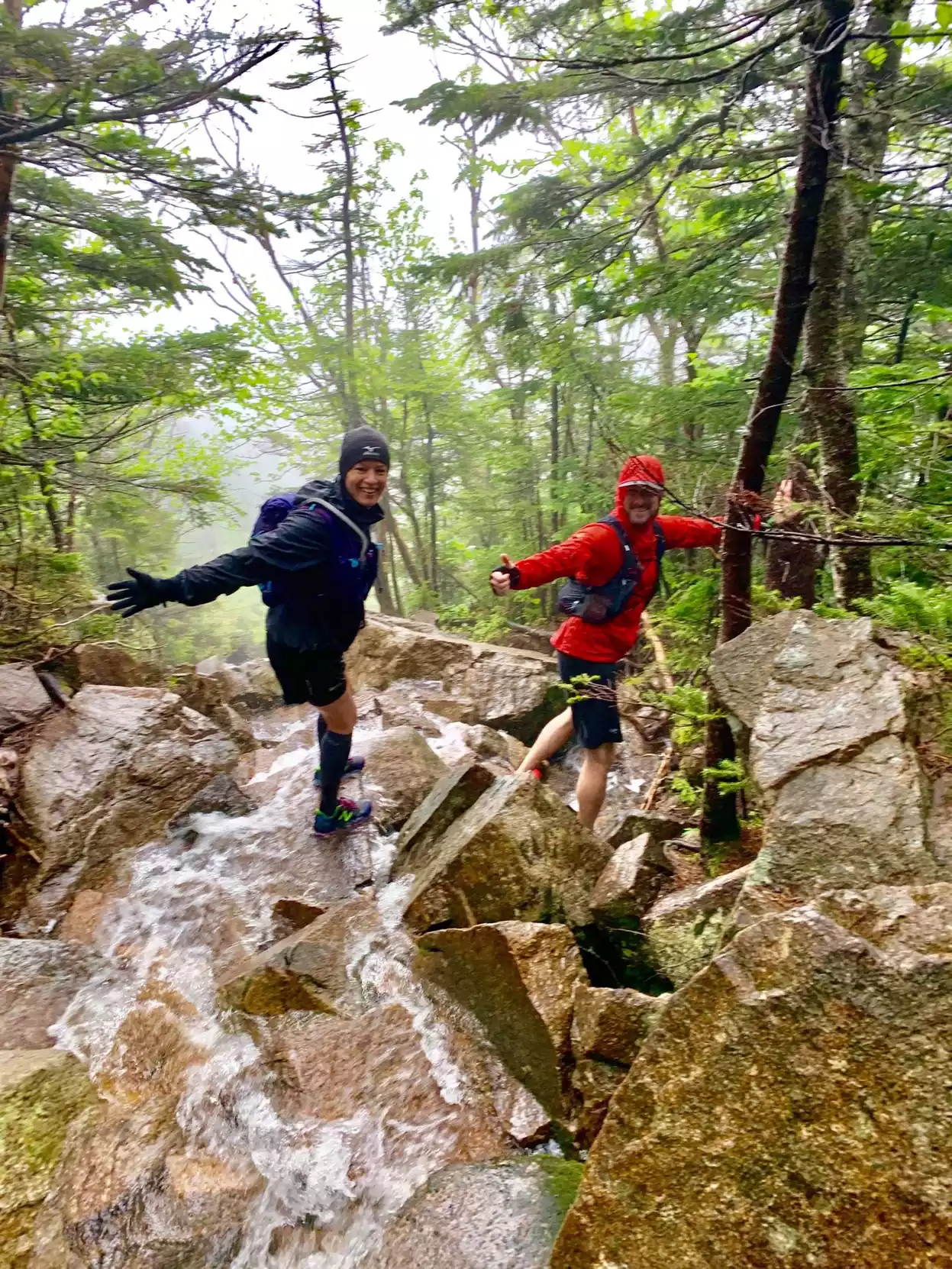
Part of good outdoor ethics practices means preparing for trail conditions. Widening trails to avoid puddles or wet areas encourages others to follow suit and threatens plant life. If the trails are in a low spot or a recent rainstorm left creeks higher than usual, be prepared to get your feet wet on the trails. Having dry shoes and socks in your car after your hike will make your drive home more comfortable.
If you have specific questions about other rules and regulations for your area, the park or forest ranger station is a great place to get answers. Ensure you know the station's location and how to get in touch with them.
Part of the fun is playing in the puddles (or creeks).
When people are outdoors, it’s helpful to look at it as though we are entering someone else's home. The trees, plants, insects, and wildlife make their home in the parks and forests we explore. Practicing outdoor ethics around wildlife means giving them space, cleaning up after picnics or trail-side snacks, and leaving habitats in place.
Large groups of hikers cause more damage to the environment and disturb wildlife, so keep your group small. Travel quietly, enjoying the sights and sounds of nature; loud noises and fast movements are stressful to wildlife. The one exception to this rule is traveling in bear country–it’s good to make a little noise not to startle the bears. Lastly, never feed wildlife. Feeding wildlife is dangerous for humans, but it may also discourage animals from their instincts to forage or hunt for food.
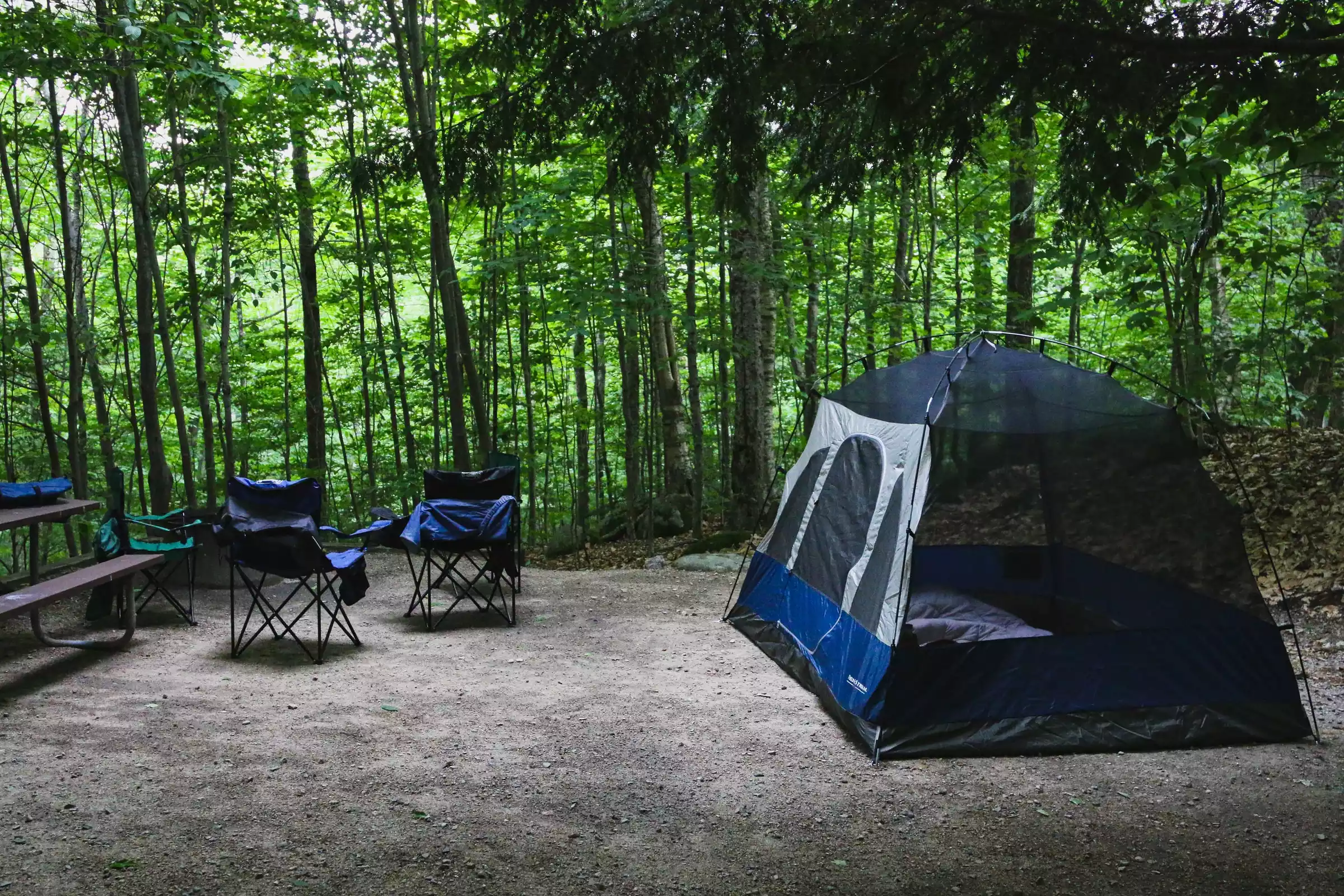
If you are spending the night outdoors, know where existing campsites are located and have a plan for getting there. Leave No Trace suggests “good campsites are found and not made,” meaning you should avoid setting up camp outside designated areas. Also, never camp on the trail or too close to a natural spring or creek; doing so may limit animals’ use of a critical water supply.
A portable camp stove is recommended for heating meals. Likewise, responsible recreationists avoid encumbering trees with nails, tent guy lines, or carvings. Finally, have a plan for storing your food overnight and packing out your trash. It’s never acceptable to leave trash outdoors – this is true in the front and backcountry.
Always camp in designated areas and on durable surfaces. Photo by Brian Yurasits on Unsplash.
In order of importance–Guineafowl Adventure Company believes protecting wildlife and habitat is essential to outdoor ethics. But, we would be remiss if we didn’t mention how responsible recreationists can support other humans in the outdoors.
In addition to packing out trash and food waste, proper disposal of human waste is essential for environmental reasons – avoiding pollution of water sources, minimizing the possibility of spreading disease – but it’s also part of sharing the outdoors with other people. While most front-country parks have bathrooms available, it’s good to double-check what facilities are available before you arrive. You wouldn’t want to encounter someone else's waste, so don’t leave yours to be discovered.
In many places, digging a “cathole” at least 200 feet (about 70 adult paces) away from water, trails, and camp is sufficient. With a small garden trowel, dig a hole 6-8 inches deep and 4-6 inches in diameter. Cover your cathole with dirt and leaf litter when you’re finished. In some cases, solid human waste – including used feminine products – must be packed out. Recreationists are responsible for knowing the regulations for the area they are exploring.
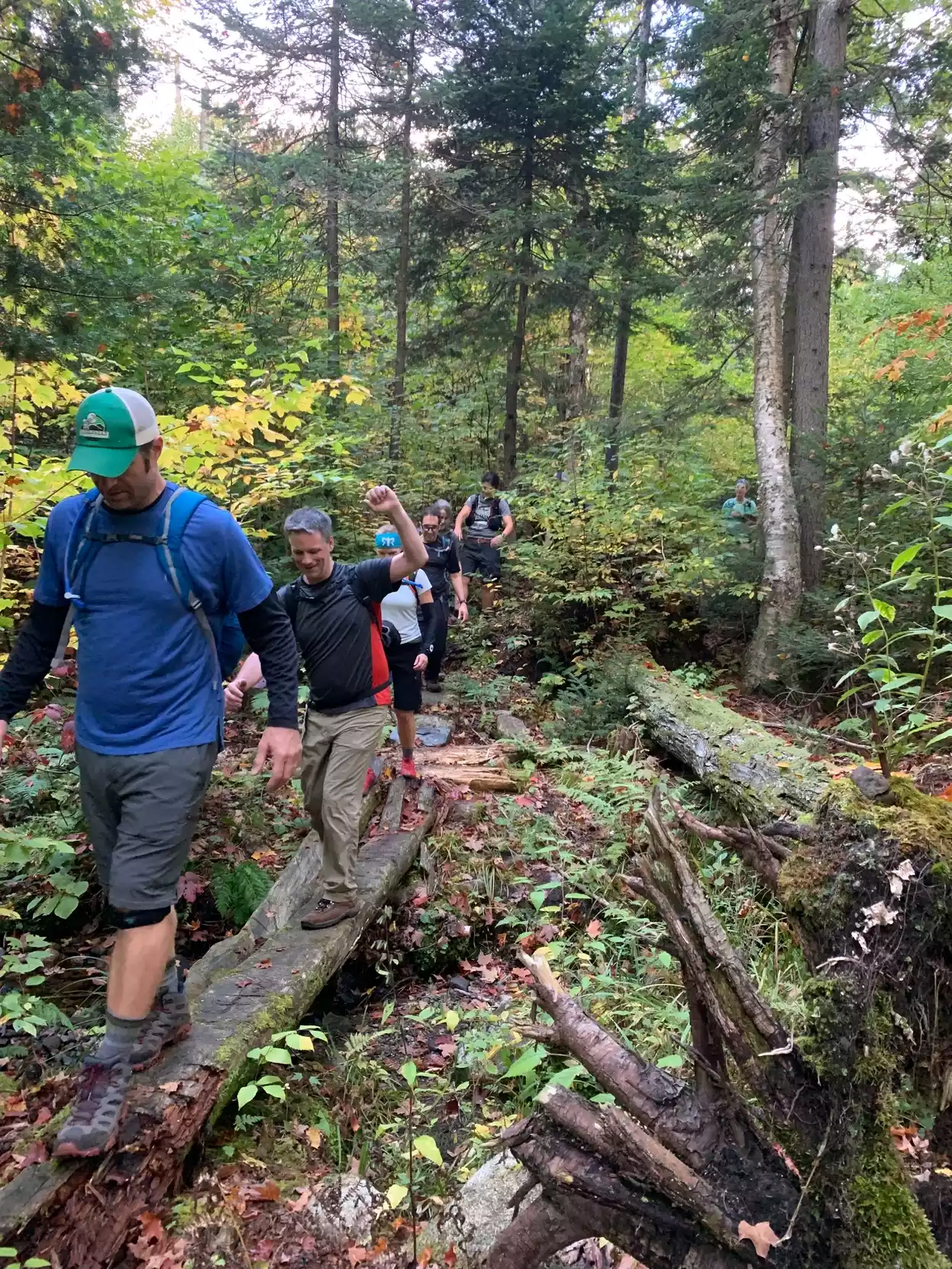
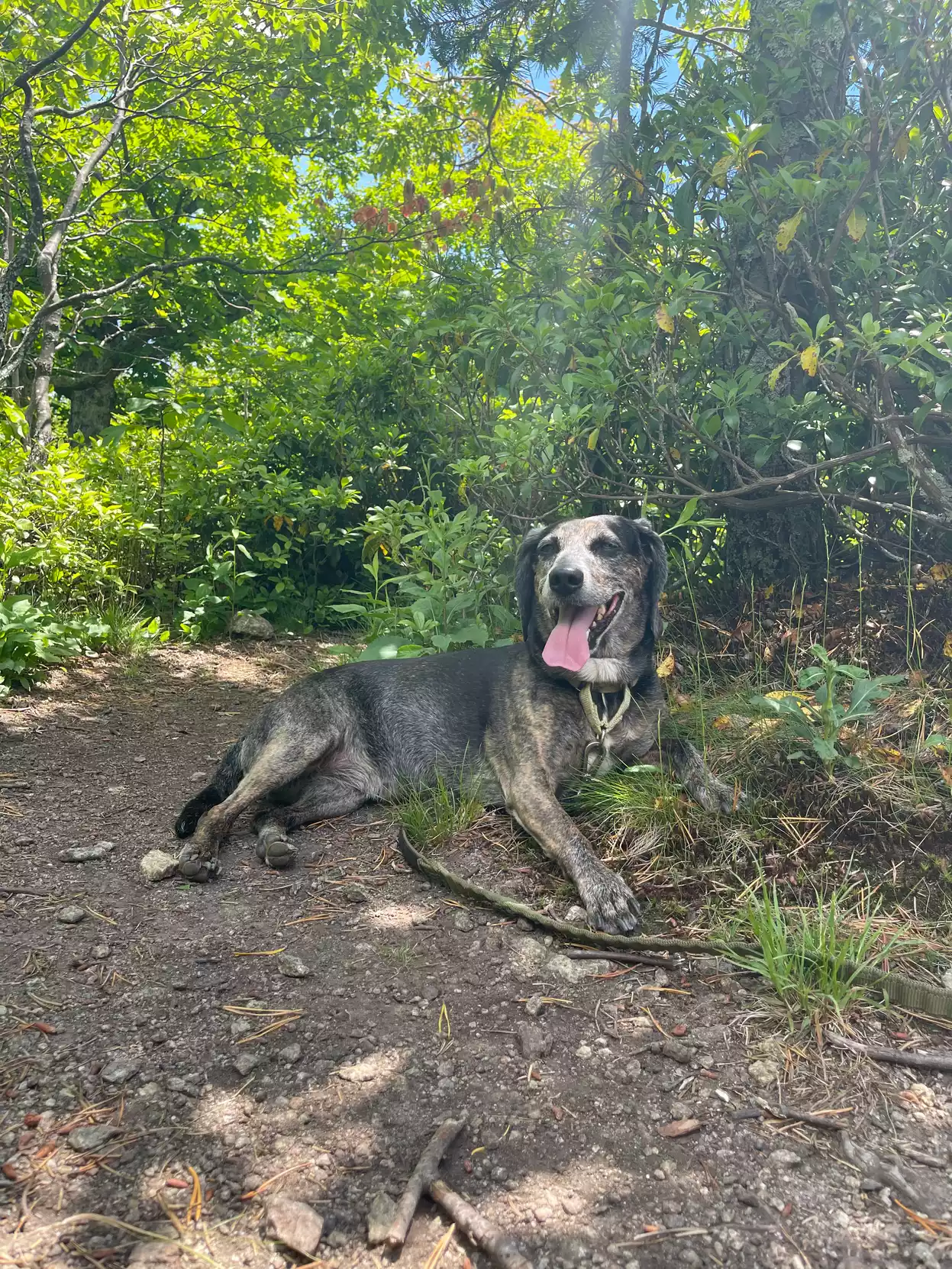
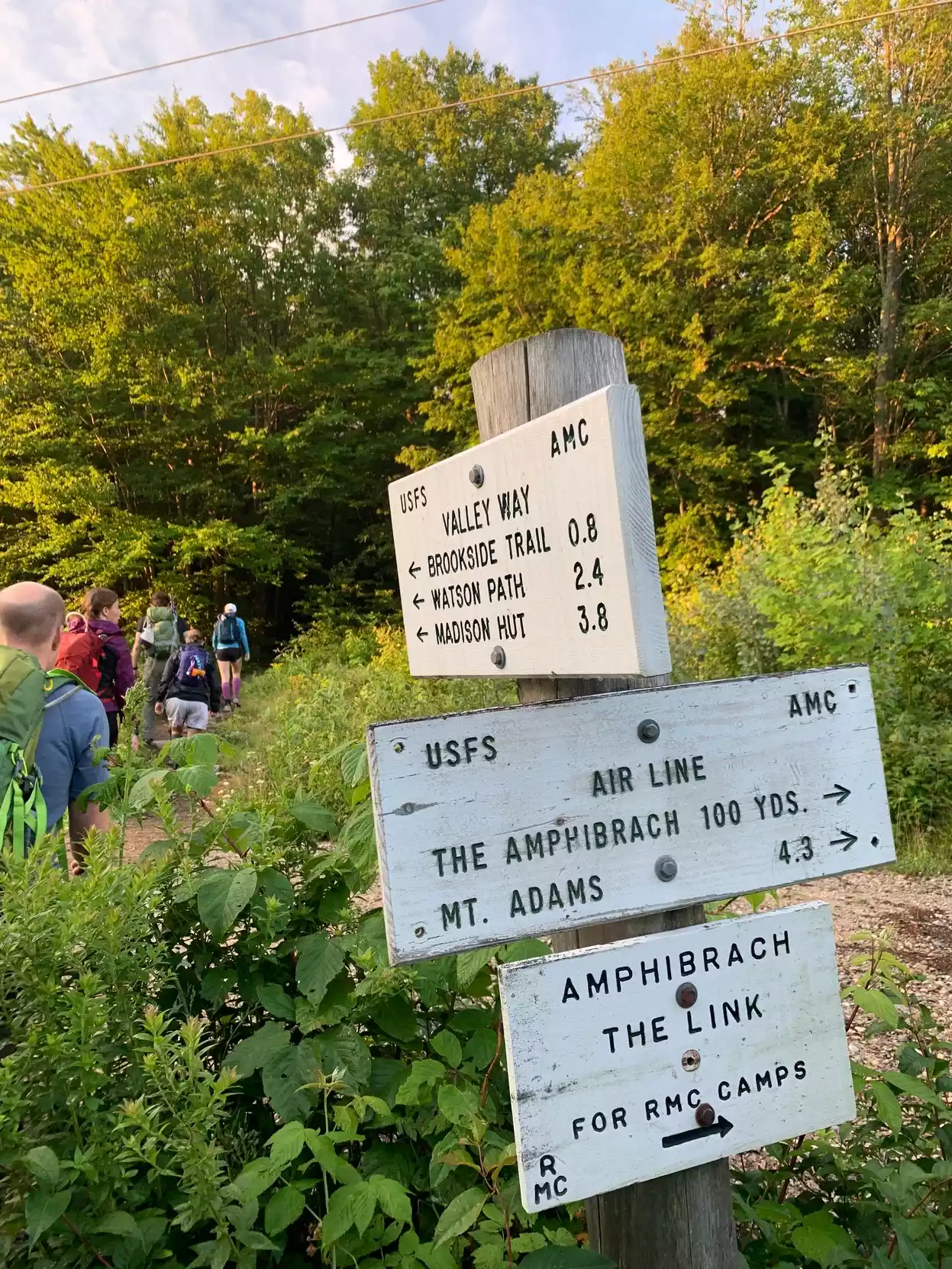
Likewise, pet waste is a health hazard for both people and wildlife. Pet waste can lead to the rise of invasive species and can spread diseases that harm water, plants, and wildlife that call this place home. So pack out your pet waste.
Speaking of pets in the outdoors… we want to circle back to the Golden Rule. Taking your pet on outdoor adventures is fun for you and for them. But consider that not every person is comfortable with pets, and not every dog is friendly. Responsible recreationalists use a 4-6 foot leash or train their pet to reliably recall when they encounter another person or dog on the trail. Just as people should avoid contact with wildlife, do not let your dog approach or chase wildlife.
Excessive noise from music, loud chatter or dogs barking takes away from the natural appeal of the outdoors. Instead, respect your fellow outdoor enthusiasts by keeping conversations within the group, pets on a physical or verbal leash, and leaving your Bluetooth speaker in the car.
We believe the outdoors is for everyone, and it’s a space we all share. While everyone may have different ideas and expectations about what it means to be outside, we all must practice good outdoor ethics and be respectful of nature, wildlife, and other people. So let’s all do our part to make the outdoors inclusive and welcoming to everyone.
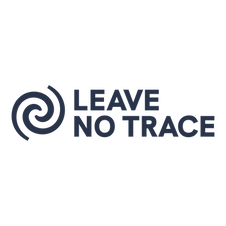
Visit the Leave No Trace website for more information about the LNT principles and the LNT Center.
Guineafowl Adventure Company provides full-service, turnkey guided day hikes in the White Mountains and beyond for people of all abilities and experience levels. We take care of all the planning and preparation for hiking and provide round-trip transportation from the Greater Boston area, day packs with hydration and snacks, safety and convenience items, and friendly, knowledgeable, and experienced guides to lead the way!
Guineafowl's mission is to remove the barriers and obstacles that keep people from exploring nature, so they can feel comfortable, safe, and relaxed while experiencing the physical and mental health benefits of hiking and connecting with nature.
Visit our website to schedule your guided hike or contact us to book a private excursion.